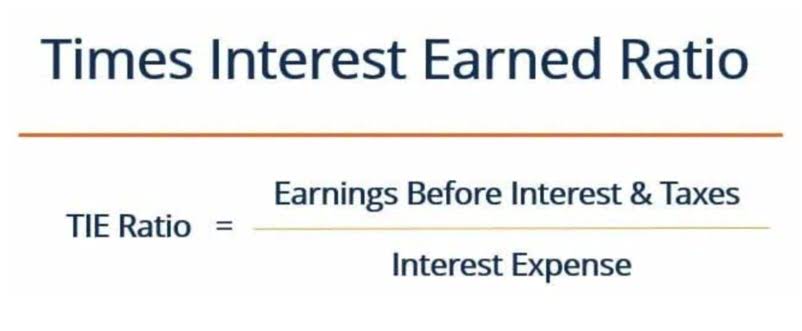
On track for 90% automation by 2027, HighRadius is driving toward full finance autonomy. Accounting certifications include CPA (Certified Public Accountant), CMA (Certified Management Accountant), CFA (Chartered Financial Analyst), and CIA (Certified Internal Auditor), among others. These credentials enhance expertise and career opportunities in various accounting fields. In practice, there are many accounting certifications that focus on specific branches, such as the https://www.realtrumptrivia.com/2022/10/20/accounting-a-dying-profession-explained/ CMA, CPA, CIA, CISA, etc. If you want to focus on a specialization, you may want to consider obtaining an accounting certification in your chosen field.
What Are Accounting Standards?

We’ll start by defining two types of accounting each branch to gain an understanding of where it fits into accounting’s big picture. If you’re considering preparing to pursue a career in accounting, you’ll need to know the distinction between these two types. Ambrook partners with Stripe Payments Company for money transmission services and account services with funds held at Fifth Third Bank N.A. Member FDIC. Ambrook Visa® Cards are issued by Celtic Bank, a Utah-chartered Industrial Bank, Member FDIC.
Types of Accounting Methods

By reviewing internal financial practices regularly, businesses can detect issues early, adjust strategies, and mitigate risks more effectively. For example, internal audits provide a comprehensive view of the company’s financial health, ensuring that all assets and liabilities are accurately recorded. In cash basis accounting, revenue is recognized only when cash is physically received.
Financial Accounting

These rules specify how to record income, expenditures, assets, and losses, so that auditors have an objective view of the organization's financial health. Analysts, managers, business owners, and accountants use this information to determine what their products should cost. In cost accounting, money is cast as an economic factor in production, whereas in financial accounting, money is considered to be a measure of a company's economic performance. Just as managerial accounting helps businesses make management decisions, cost accounting helps businesses make decisions about costing. Essentially, cost accounting considers all of the costs related to producing a product.
- Each branch arose as a result of technological, economic, or industrial advancements and has its own specialized application.
- As a business owner, it might be wise to consult a forensic accountant if you suspect that there might be some criminal activity going on in your company.
- Outputs are formal financial statements, including the income statement, balance sheet, and cash flow statement.
- Rather than simply showing what’s in your bank account, accrual accounting shows the full scope of your financial commitments and expectations.

A professional accountant knows how to estimate these losses to give you a relatively accurate picture of your retained earnings business's financial health. While maintaining a broad and long-term perspective on finances is helpful in business accounting, the accrual method is not without its disadvantages. Accrual accounting requires more estimation and guesswork than cash accounting, which only deals with revenue and expenses as they occur.
- It’s typically done by tax, financial or managerial accountants, depending on the audit’s purpose.
- The going concern concept assumes that an organization would continue its business operations indefinitely.
- Its primary purpose is to provide an accurate and standardized overview of a business’s financial performance and position over a specific period.
- For example, you might grow organic blueberries and then process some of those blueberries into a jam you can sell at the local farmer’s market.
- Public accountants may provide various services, from auditing to helping with tax returns.